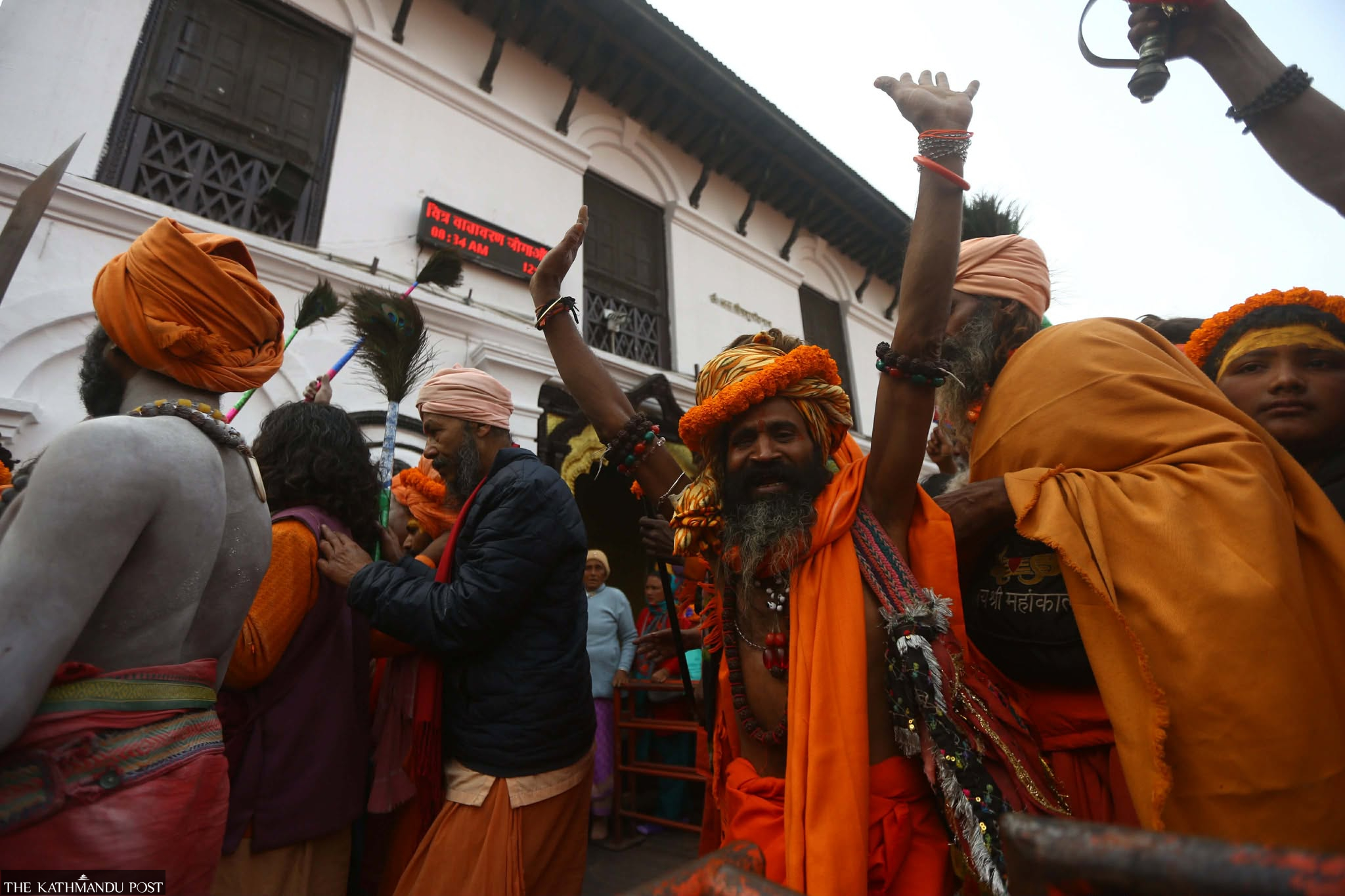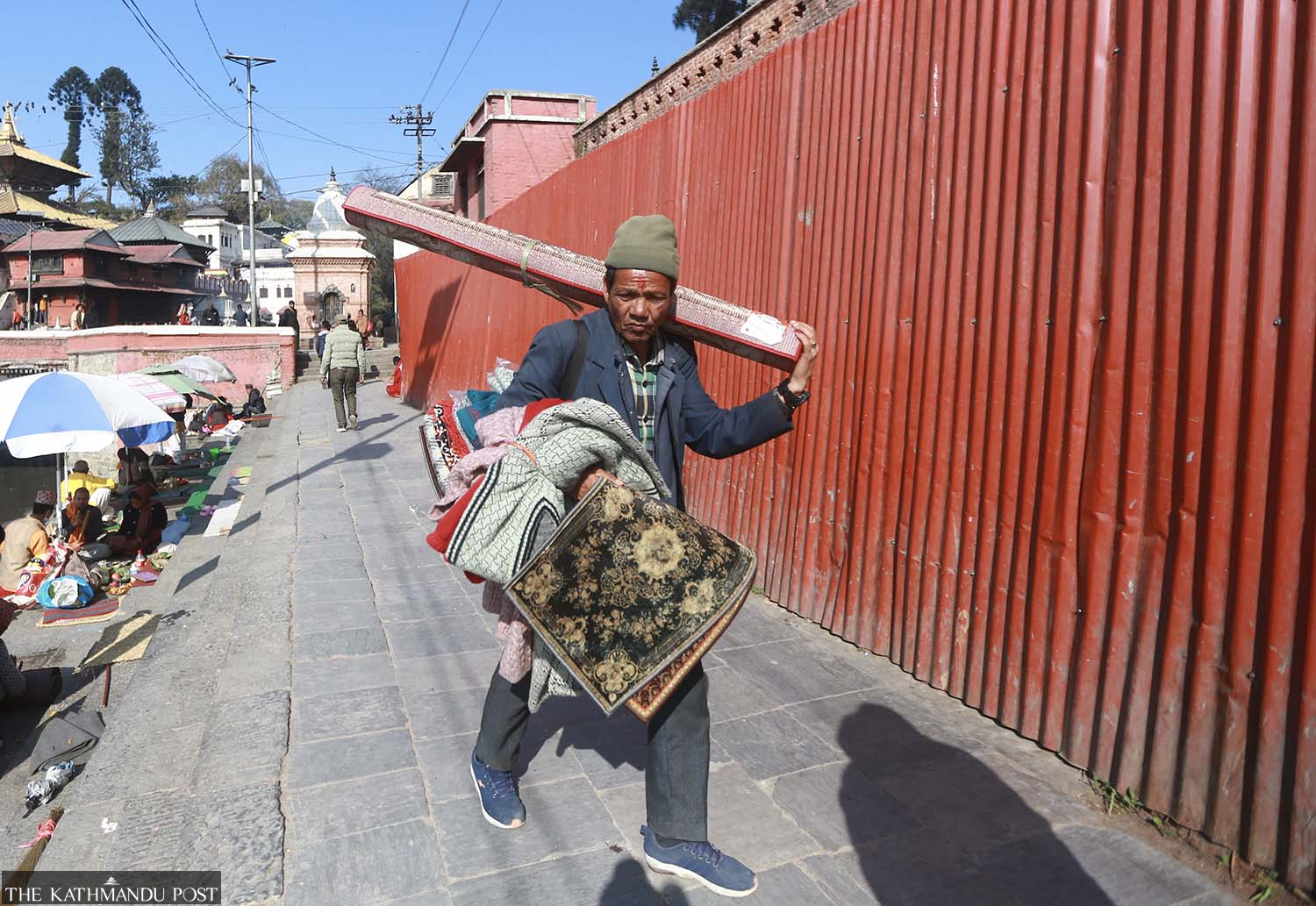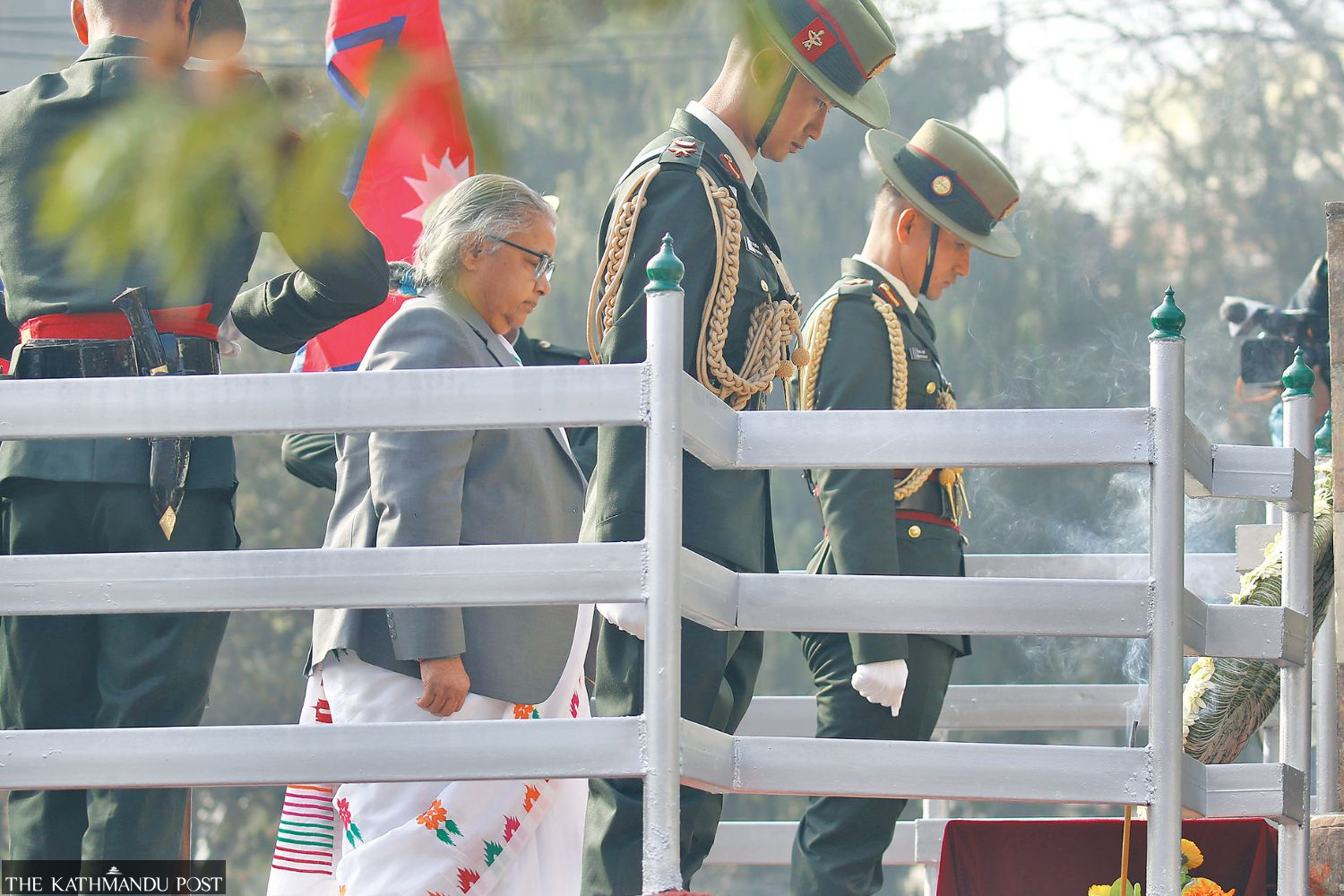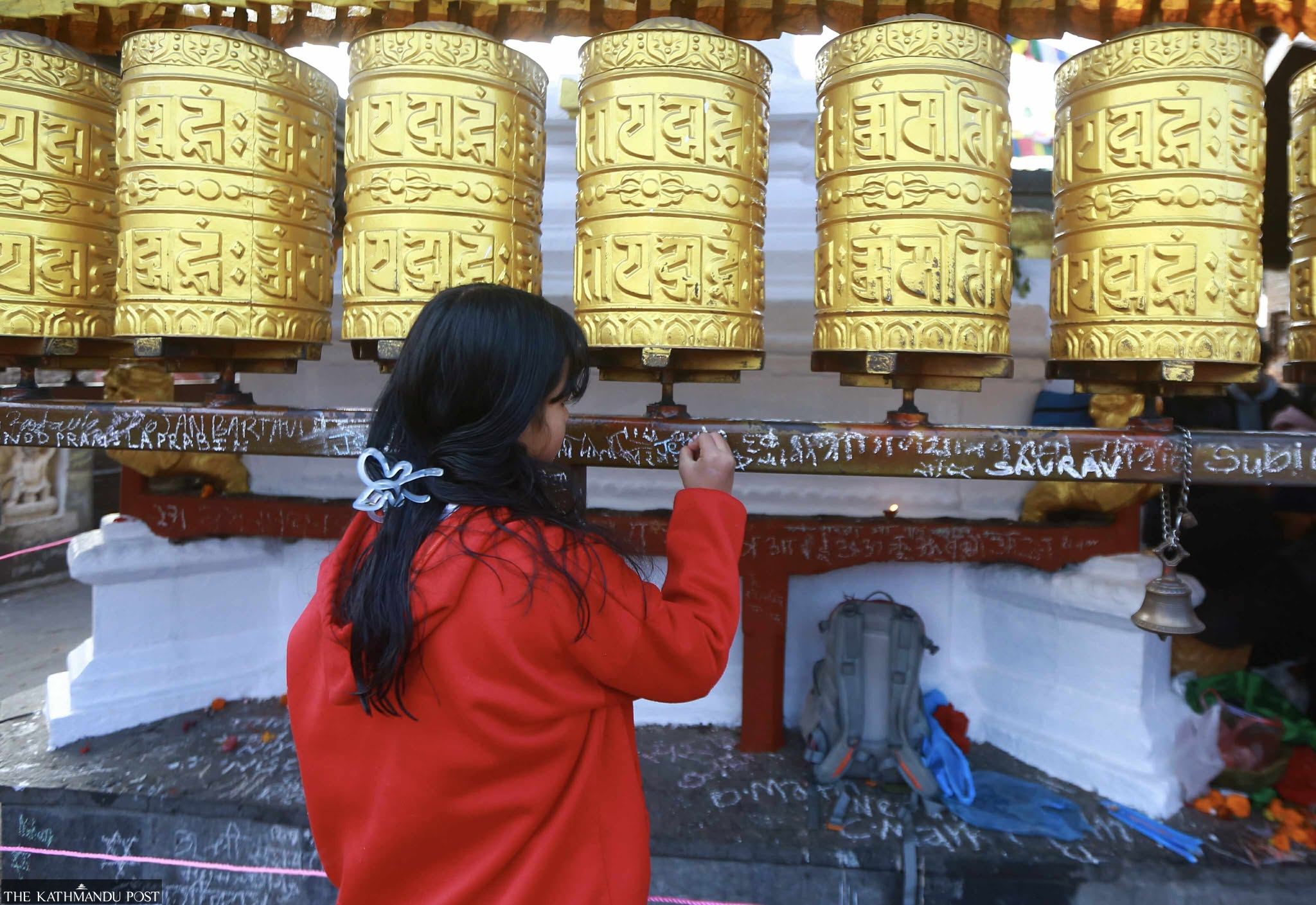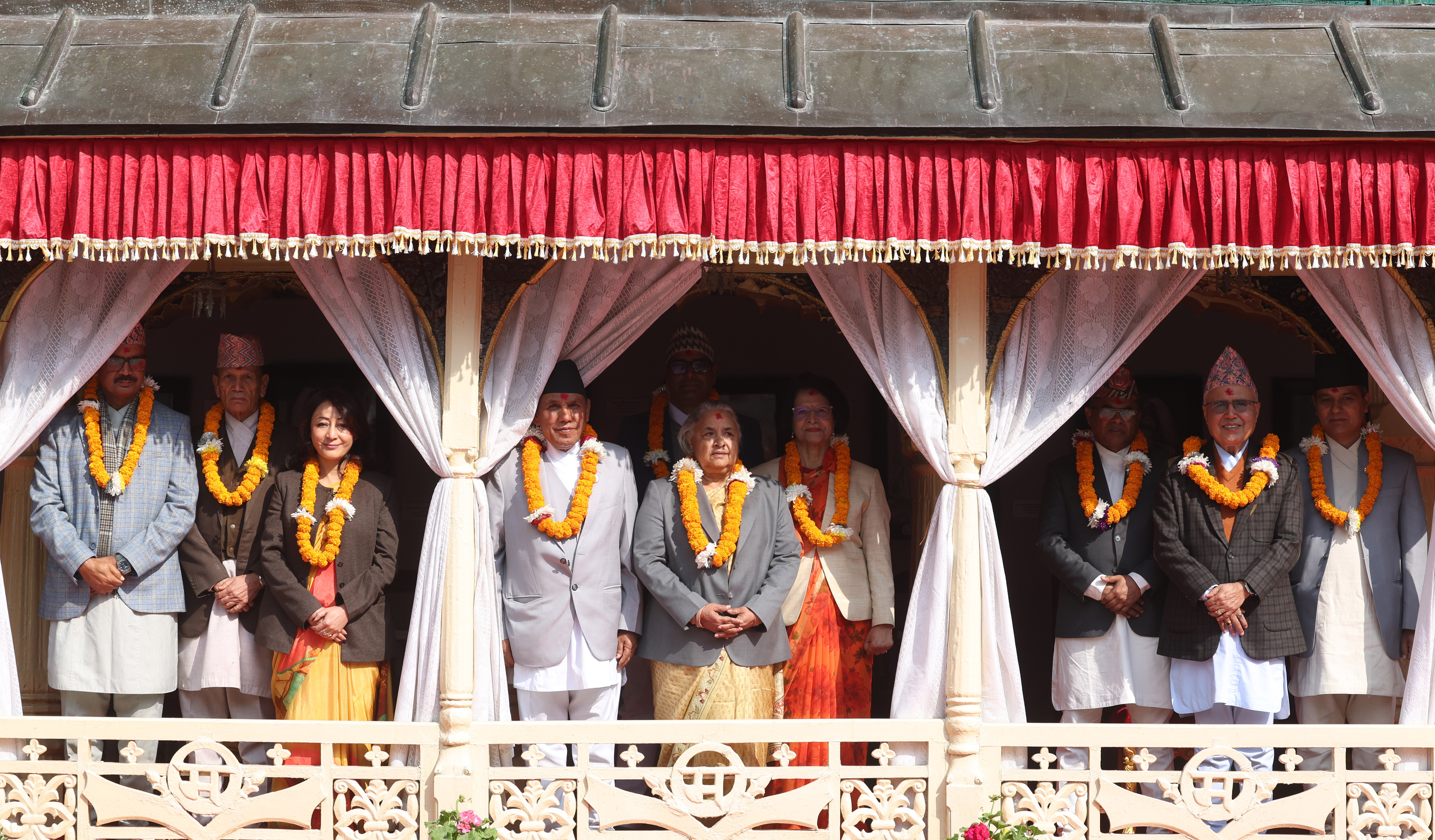Visual Stories
A family of 20—and more
At their home, the dogs are given free reign, without leashes and free to roam, sleep and play wherever they like.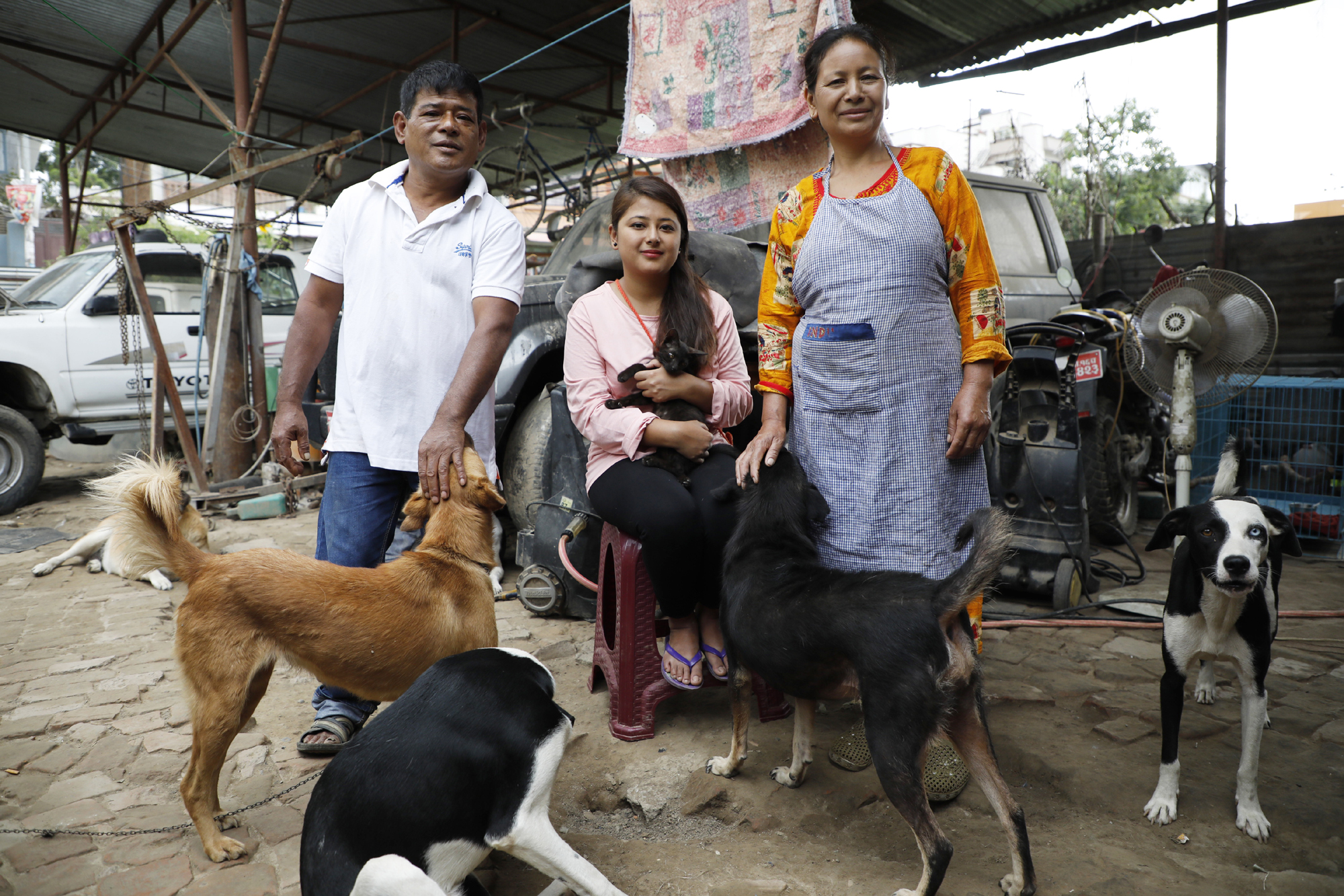
Sanjog Manandhar
Some 20 tails wag every day as plates of rice and meat are divvied out. Some are scruffy, others are asleep, but all of them will soon have something they never really had on the street—a full belly.
Lying in a relatively nondescript mechanic’s workshop, not far from Bagmati’s banks in Jwagal, Lalitpur, Indu Maharjan scoops freshly prepared meat onto generous mounds of rice. The dogs wait patiently, sleeping under vehicles, in the kitchen and around the living area.
With her husband Ram Byanjankar, and children Rohit and Raina, Maharjan plays mother to some 20 dogs they found on the streets of Kathmandu. Both Indu, who makes handicrafts for a living, and her mechanic husband feed their fleet of dogs 15 kilograms of meat each day—the rations are further divvied out to their cats and the neighbourhood dogs, even the crows get something to eat too. Money is not worth worrying about, it’s the dogs’ health that matters most.
Their reason for caring for the canines is simple: they simply can’t bear to see them suffer. If found in disarray, they take street dogs to the vet, bring them home and give them a name. Even the dogs that don’t live under their roof are given names too, and they know the family well. Their love for dogs radiates, and seems to be sensed by all dogs in the area, for wherever Indu goes a wagging tail is close by.
At their home, the dogs are given free reign, without leashes and free to roam, sleep and play wherever they like. Indu says the dogs are her children too, and, like children, dogs are sometimes fussy about what they eat—some prefer fried meat, others prefer boiled.
With the dogs, they live as a happy family—so happy the dogs never fight over food.
“I never let them go hungry,” Indu says.
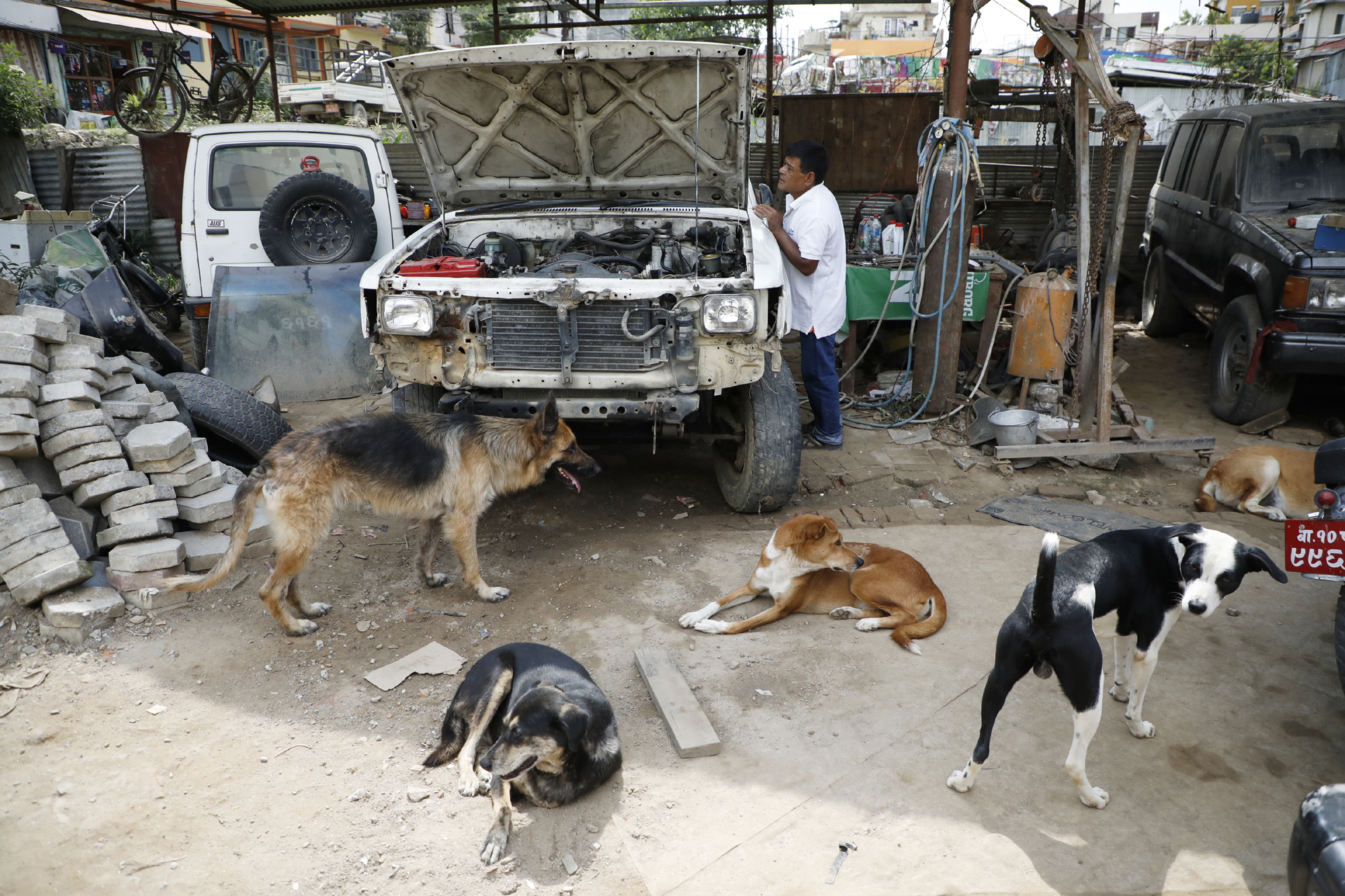
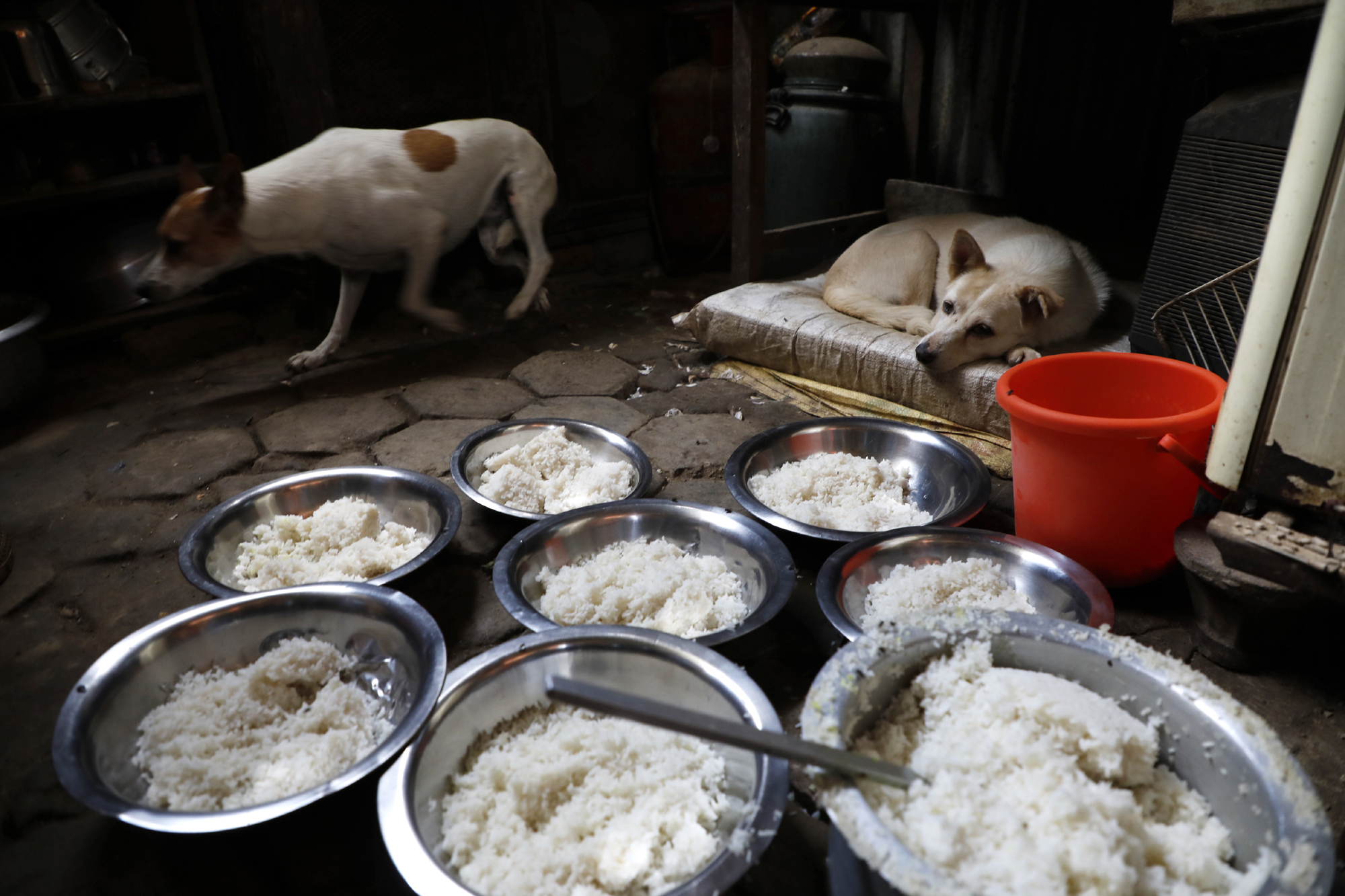
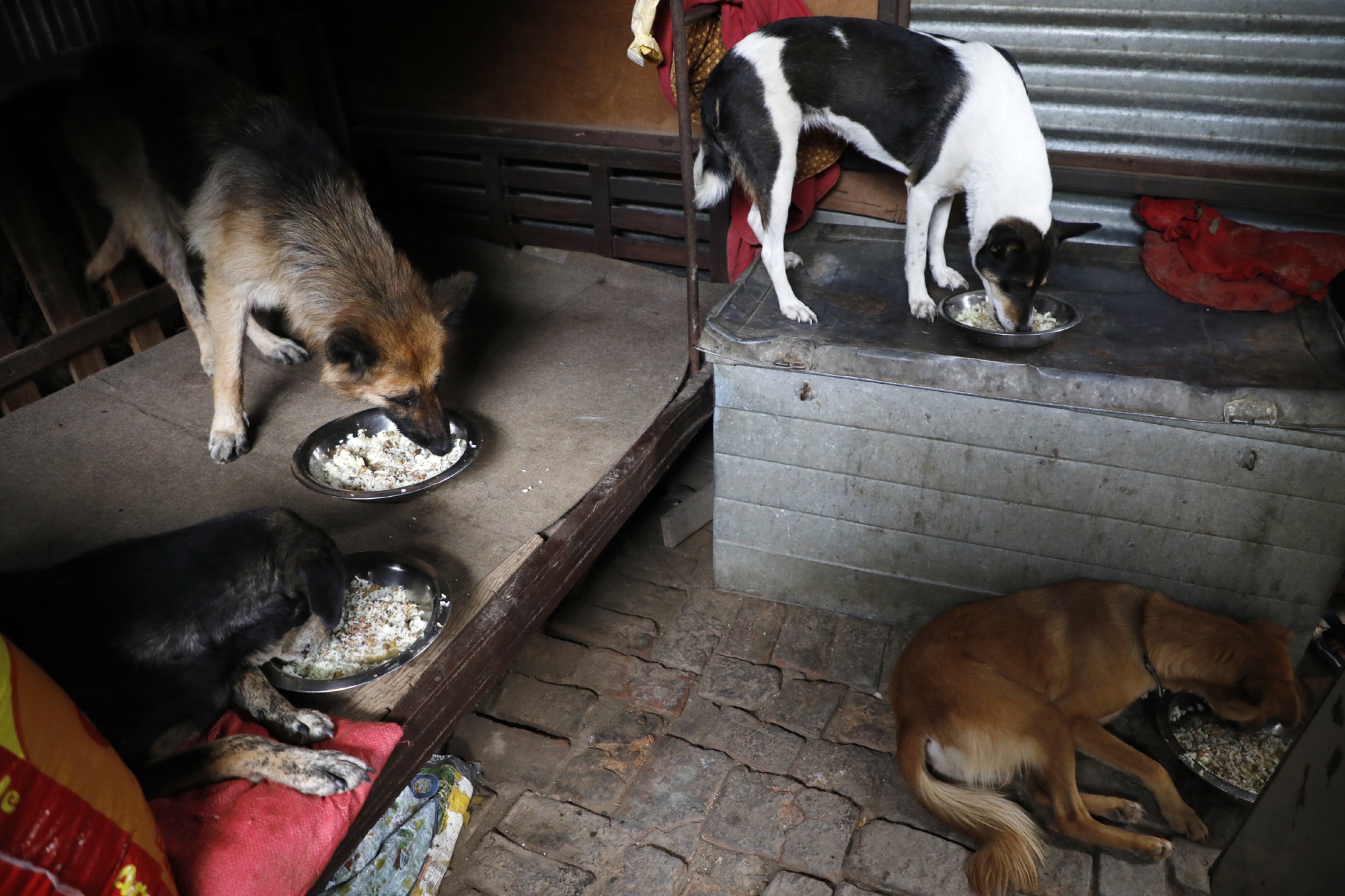
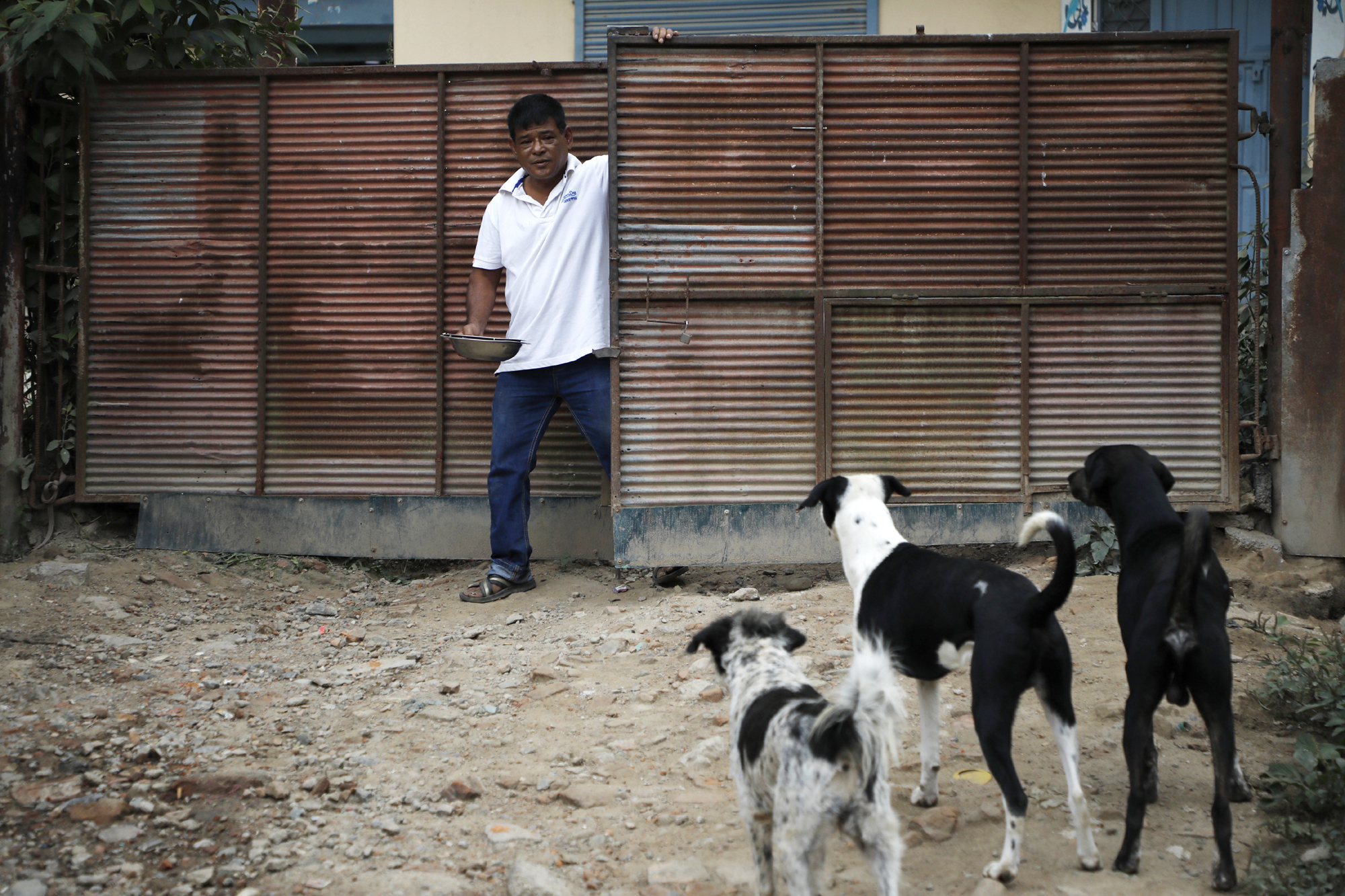
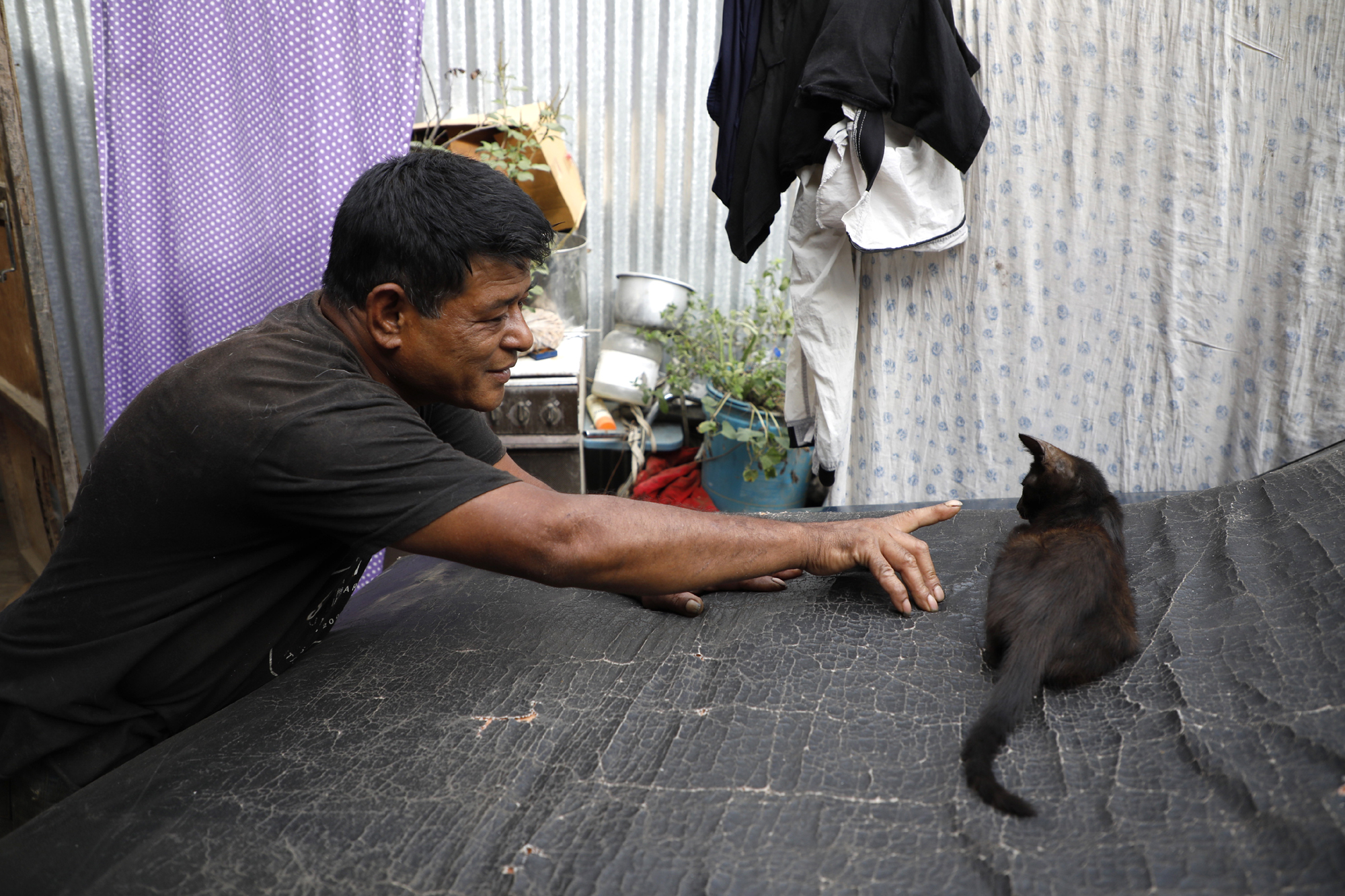
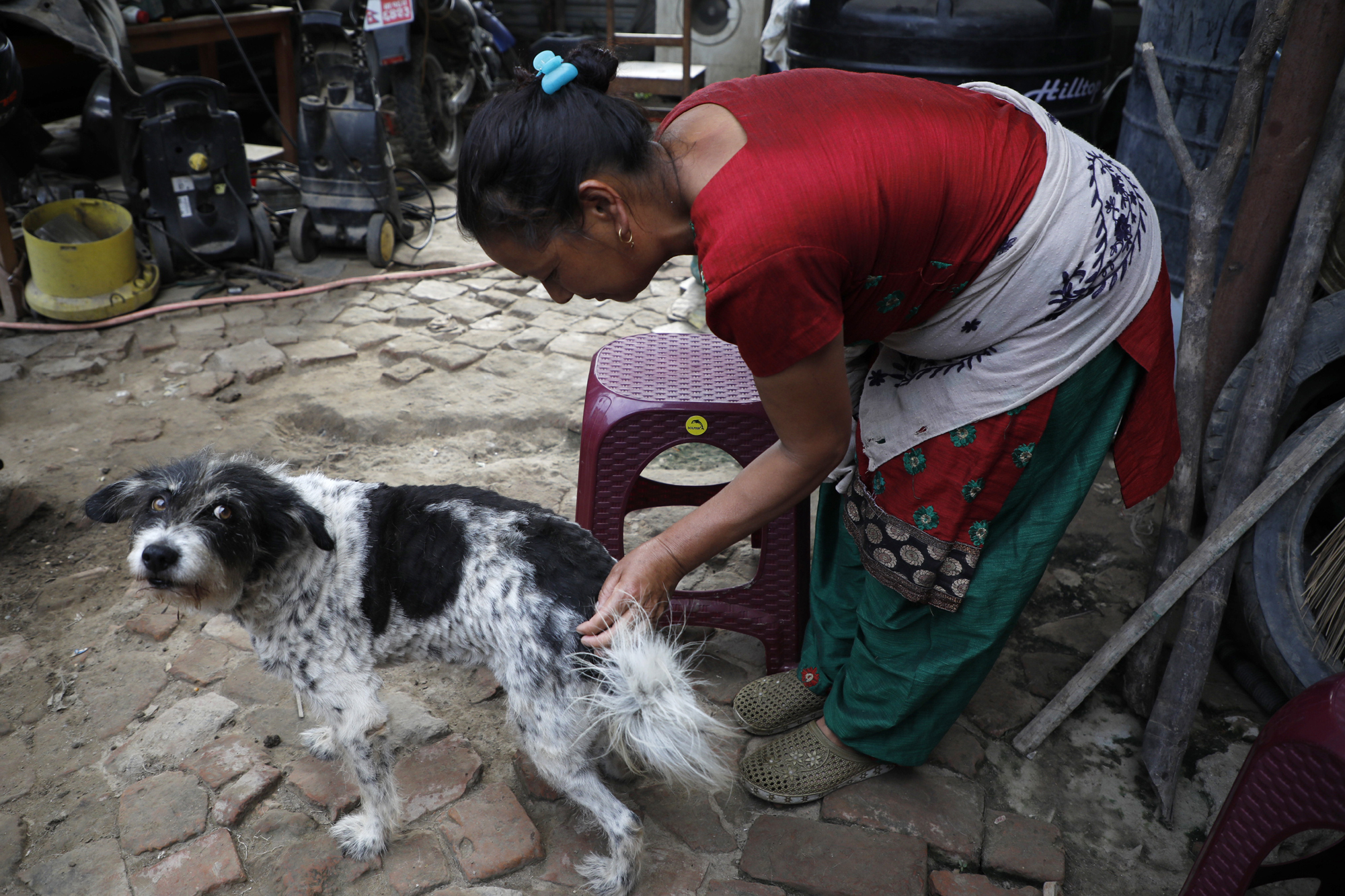
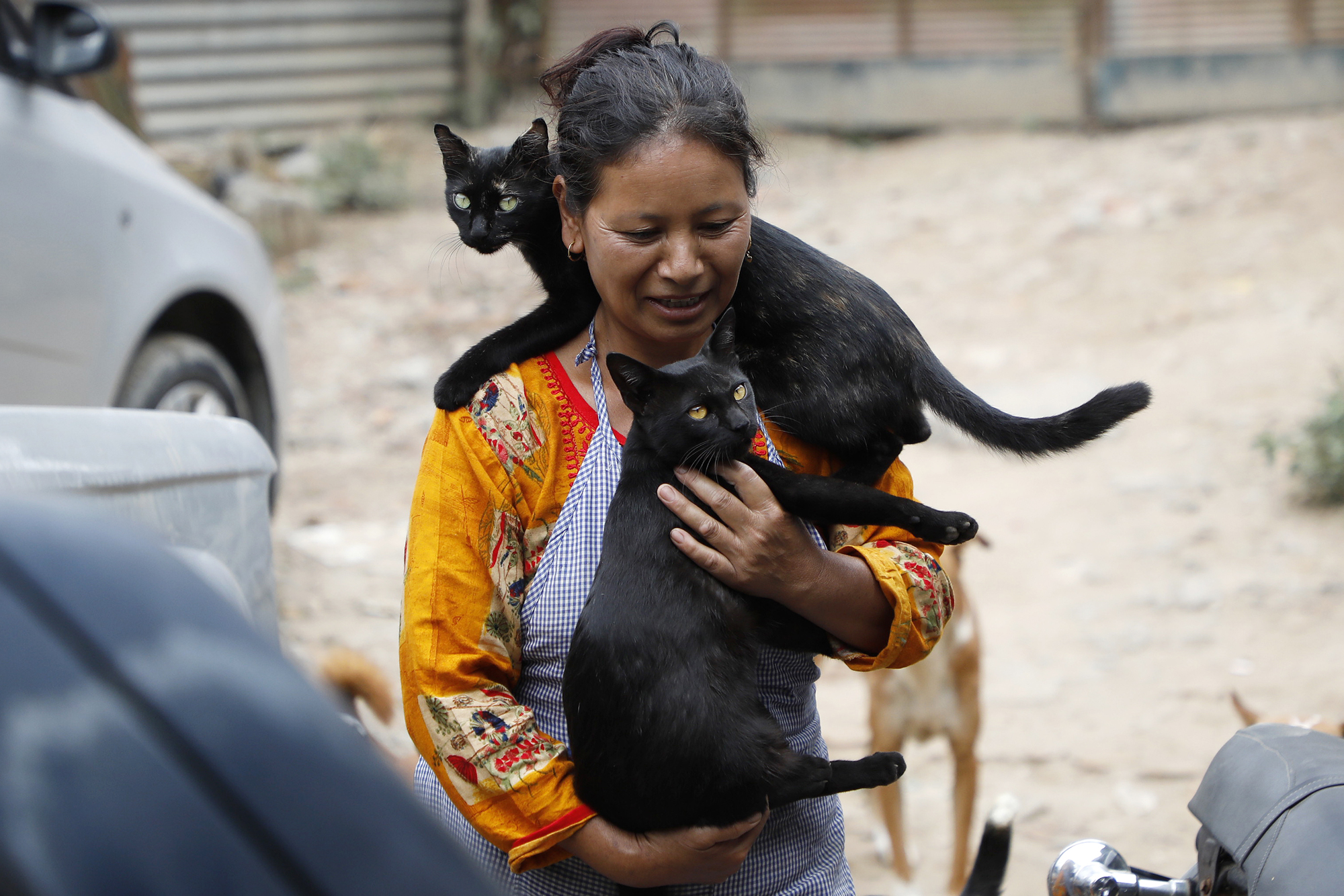
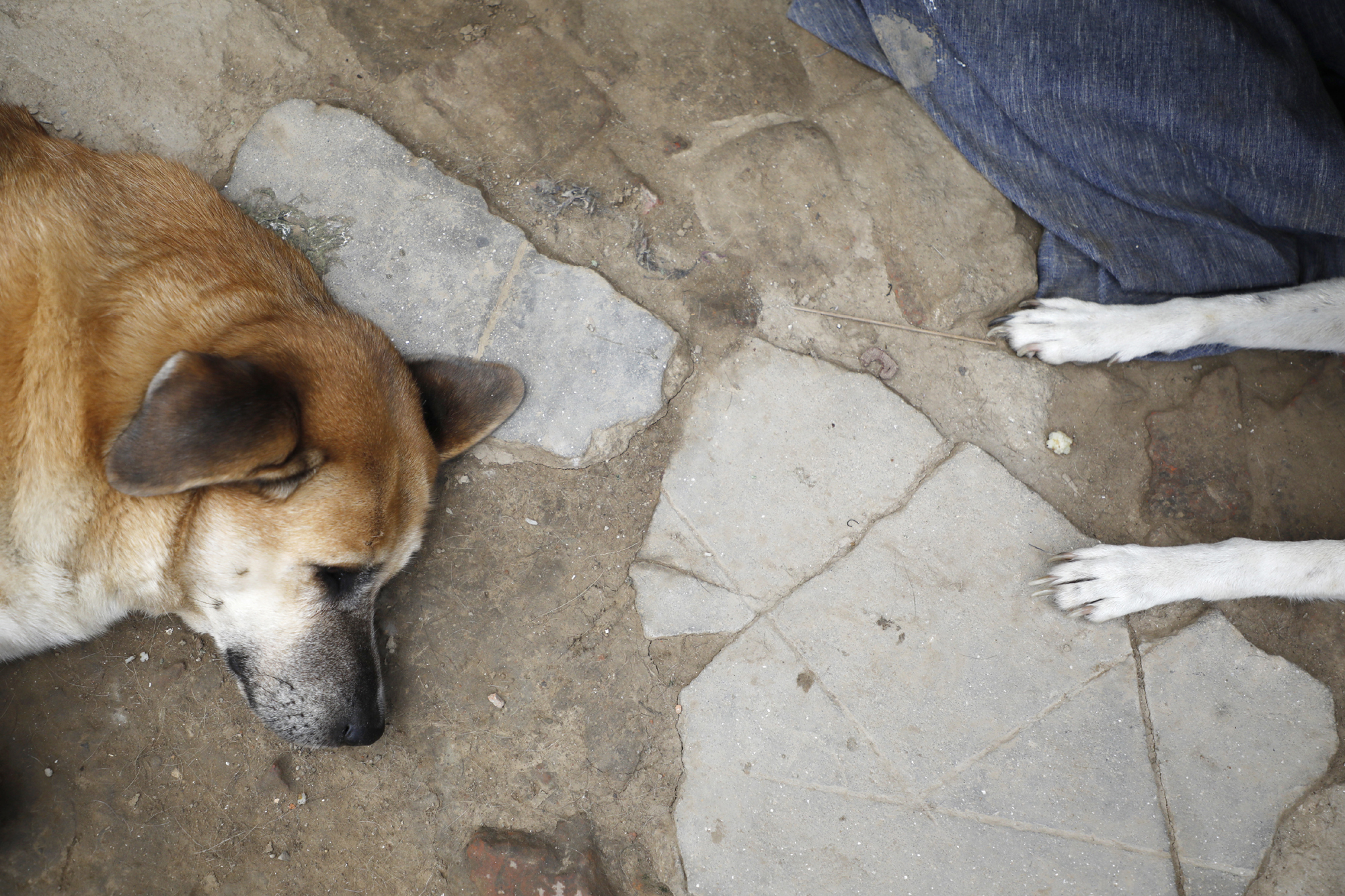
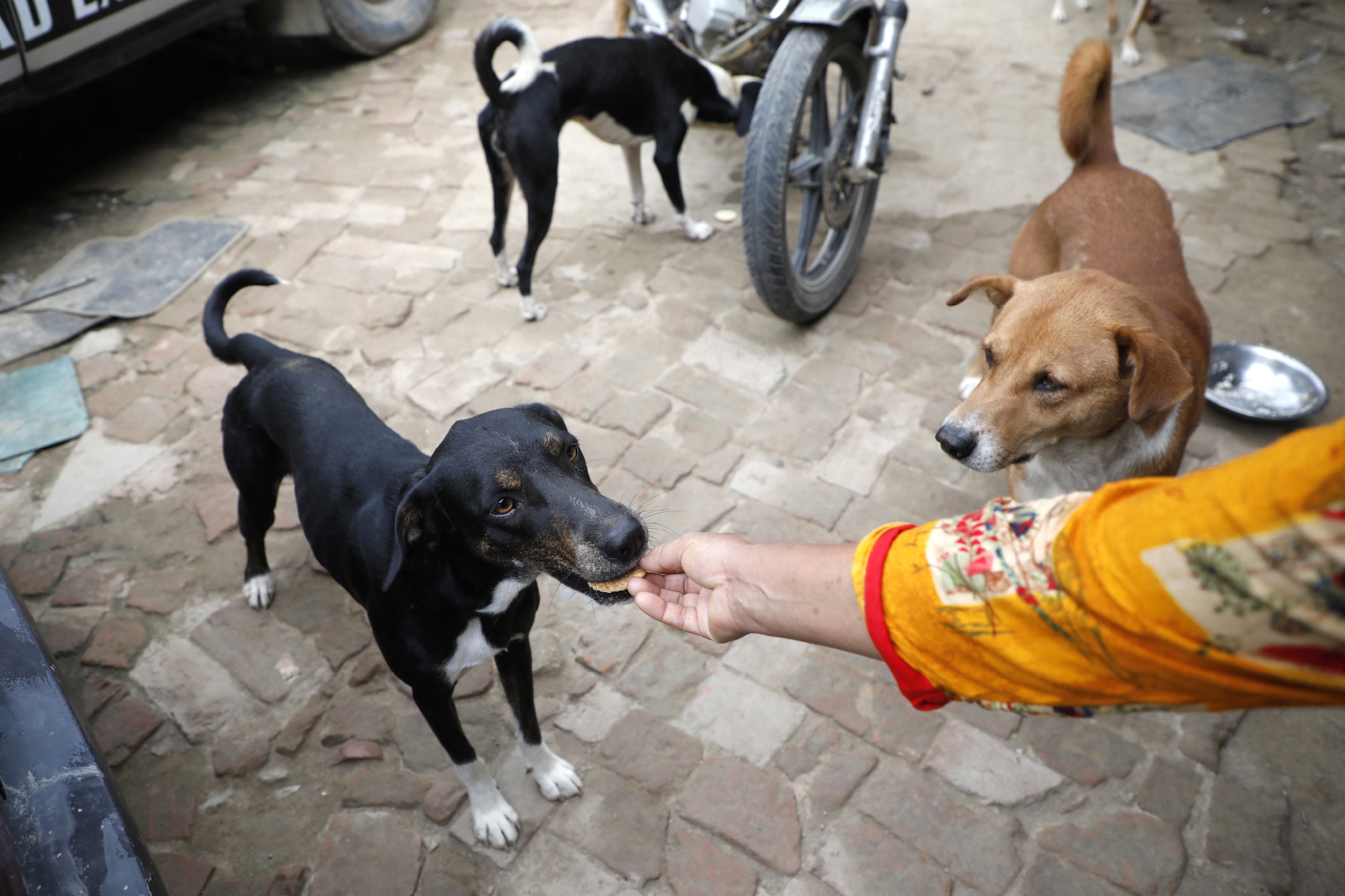




 16.12°C Kathmandu
16.12°C Kathmandu
